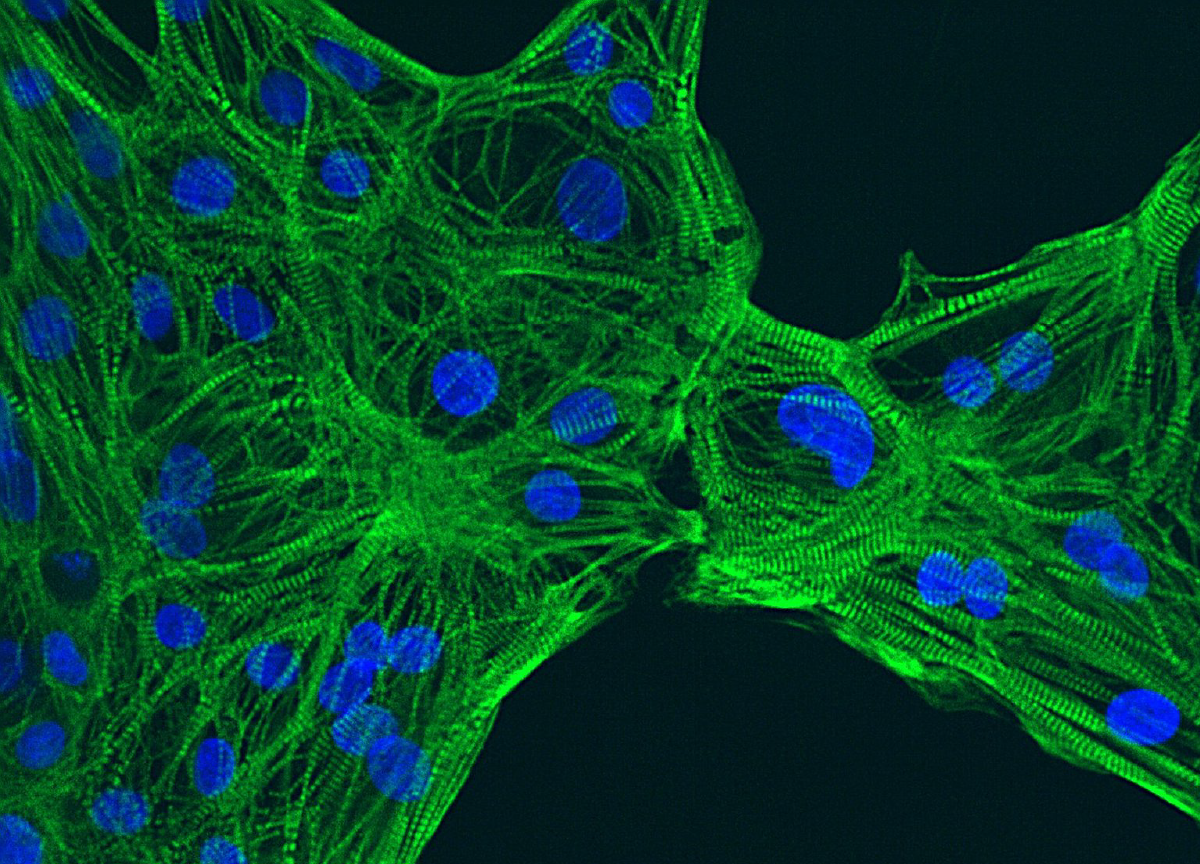Human induced pluripotent stem cell (iPSC)-derived cardiomyocytes are increasingly recognized as physiologically relevant and predictive cell-based platforms for in vitro human disease modeling and use in the drug discovery and safety assessment pipelines. Ncardia has developed robust iPSC-derived cardiomyocyte manufacturing capabilities at a commercial scale, as well as reproducible high-throughput assays that facilitate drug development.
During a webinar, as part of the Research Insights Cardiac Safety symposium presented by Nanion, our scientist Jessica discussed the advantages and multi-parametric safety assessment solutions offered by Ncardia’s bioreactor-generated Ncyte iPSC-derived cardiomyocytes.
Ncardia's Multi-parametric Safety Assessment
As complex mechanisms underlie drug-induced toxicity, some compound effects will only become evident after longer incubation times. Efficient cardiac safety assessment should analyze structural as well as functional toxicity. Ncardia's multiparametric safety assessment allows functional toxicity analysis by a combination of electrophysiology and impedance monitoring of iPSC-derived cardiomyocytes. The structural toxicity is defined by the detection of Troponin I (a clinically relevant and established diagnostic marker for myocardial damage) release after compound addition. This combination of safety assays provides the most comprehensive readout that generates mechanism-specific cardiotoxicity profiles, and reduces the risk of missing any cardiotoxic effect of candidate drugs.
Fill in the form below to watch the replay:

